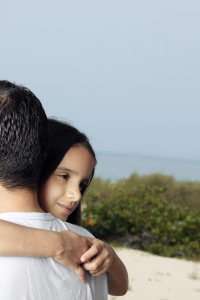Definition: having the job or duty of dealing with or taking care of something or someone; able to be trusted to do what is right or to do the things that are expected or required; involving important duties, decisions, etc., that you are trusted to do
This is a powerful word. It describes a character trait I find revealing. How people act—what they choose to do or not do and what they believe they should do—says a lot about them in terms of how relevant the concept of responsibility is to them. To a large degree, what we think about responsibility is reflected in our political philosophies. It informs our thinking about equity, law and liberty and influences what we think about our institutions and what power we grant them.
One example that came to my attention recently illustrates my point. I was discussing with a friend—one often opposed to my political leanings—the recent San Francisco Unified School District’s decision to allow distribution of condoms to middle school students. At some point I mentioned that this wasn’t all that surprising, considering that it is already law in California that all children aged 12 and older can be tested, diagnosed and treated for sexually transmitted diseases, including HIV/AIDS, receive “medical care related to the prevention and treatment of pregnancy,” and have abortions—all with the stipulation that “The health care provider is NOT permitted to inform a parent or legal guardian without minor’s consent.”
 At first, my “it takes a village” friend didn’t believe it, but then said this was probably a good thing, since some parents cannot be trusted to care properly for their children and might even punish them under such circumstances. In other words, the welfare of one’s child is the responsibility of the state instead of the parent.
At first, my “it takes a village” friend didn’t believe it, but then said this was probably a good thing, since some parents cannot be trusted to care properly for their children and might even punish them under such circumstances. In other words, the welfare of one’s child is the responsibility of the state instead of the parent.
In his defense, I suppose the intention of these laws is to provide care when parents do not accept responsibility—but I would argue that this goes too far because it assumes that most parents are irresponsible, which is ludicrous.
After being stated in more personal terms, as in: “What if one of your young daughters (he has two) became pregnant, was diagnosed with AIDS, and was considering an abortion; would you want a school administrator and health care provider to be the ‘default’ individuals to help her and guide her decisions, without your knowledge or consent, or should it be you and her mother?” my friend capitulated, agreeing that this didn’t seem right at all.
How we consider responsibility as individuals, members of our community and as citizens weighs heavily upon the direction we travel in every area of life.
It is a most important responsibility that each of us be… responsible.
Leave a Reply